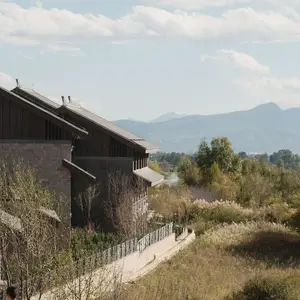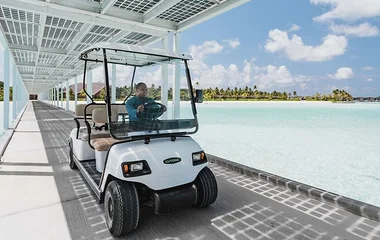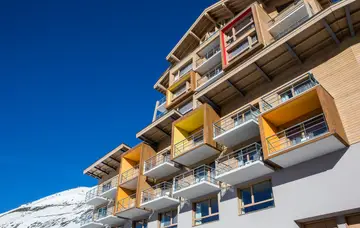
1. Consider booking with airlines that invest in biofuels
When planning your travels, opt for airlines that prioritise sustainability by investing in biofuels. Biofuels, made from plant oils, agricultural waste, and wood chips, offer a greener alternative to fossil fuels. By choosing biofuel-powered flights, you can significantly reduce carbon emissions by up to 80%. Additionally, remember to pack light, as lighter luggage contributes to lower fuel consumption and emissions.











